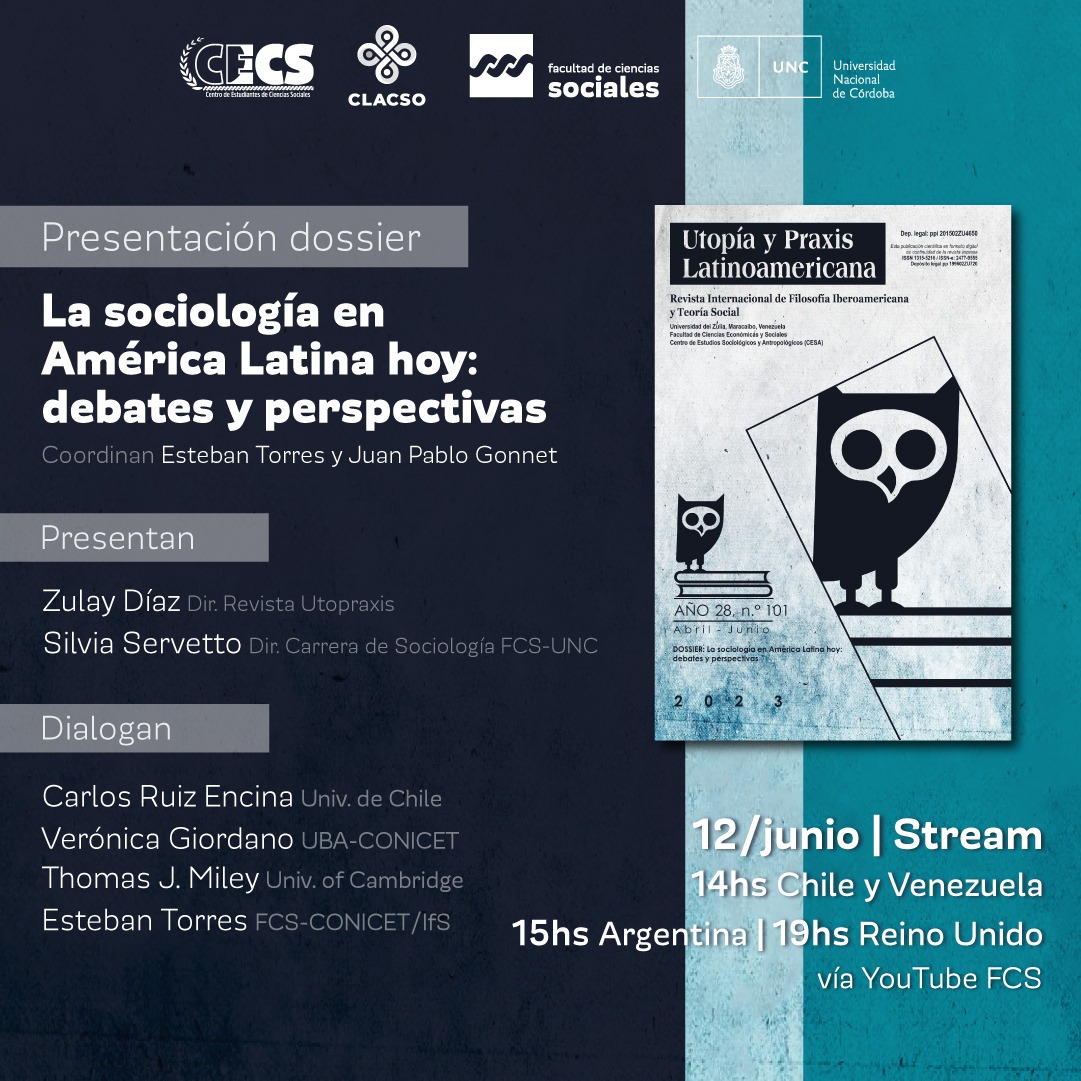Hyponymy as a Contrast Method in the Internet Game “Antiphrases”
Resumen
ABSTRACT
The study is based on the Internet game, using antiphrases-puzzles that are created by Runet users playing with precedent units and replacing all the words of the prototype with contrasting ones. The relevance of the study is motivated by the interest of modern linguistics in the phenomenon of the precedent unit. The object of the study is antiphrases and their precedent prototypes, in which contrasting word replacements are made according to the aspect-aspect principle. The article concludes that most often contrastive replacements are made for such groups of co-hyponyms as somatisms, coloratives, names of relatives, zoonyms and names of food.
RESUMEN
El estudio se basa en el juego de Internet, que utiliza acertijos de frases, creados por usuarios de Runet que juegan con unidades precedentes y reemplazan todas las palabras del prototipo por otras contrastantes. La relevancia del estudio está motivada por el interés de la lingüística moderna en el fenómeno de la unidad precedente. El objeto del estudio son las antifrases y sus prototipos precedentes, en los que los reemplazos de palabras contrastantes se realizan de acuerdo con el principio de aspecto-aspecto. El artículo concluye que la mayoría de las veces se hacen reemplazos contrastantes para grupos de co-hipónimos como somatismos, colorantes, nombres de familiares, zoónimos y nombres de alimentos.
Citas
BOCHINA TG (2011). “The semantic space of online Antiphrases game”, Uchebnye zapiski Kazan, 153(6), 140-149.
BOCHINA TG, YAXING CHEN (2018). "linguo-cultural minimum in the mirror of the “anti-phrases” internet game." филологические науки в мгимо.
BOCHINA TG, YAXING CHEN, LI HUA (2018). “Oppositions of toponyms in antiphrases”, Revista Científica Electrónica de Ciencias Humanas, 14, 185-193.
CAI X, LUO Y, ZHANG Y, YUAN X (2018). "Improving Word Embeddings by Emphasizing Co-hyponyms." In International Conference on Web Information Systems and Applications, 215-227.
CRYSTAL D (2006). “The Cambridge Encyclopedia of Language”, Cambridge University Press.
ES KUBRYAKOVA, VZ DEMYANKOV, Yu G PANKRAC, LG LUZINA (1996). “A short dictionary of cognitive terms”, Filol. fak. MGU.
FARMER G (2017). "Cambridge, Verbal Hiccups and Iambics: Twelve Academic Questions and Language-Games." In Veronica Forrest-Thomson, Palgrave Macmillan, Cham, 55-93.
HIDAYAT AN (2019). "The Effectiveness of Using Hyponym Game on Students' Vocabulary Achievement (A Quasi-experimental Study at the Seventh Grade of SMP Daar El Hikam)." Bachelor's thesis, Jakarta: Fakultas Ilmu Tarbiyah Dan Keguruan UIN Syarif Hidayatullah.
KARAULOV YU N (1976). “General and Russian ideography”, Nauka.
KARTUSHINA EA (2003). “Gender aspects of phraseology in mass communication”: avtoref. dis. kand. filol. nauk.
KOBOZEVA IM (2000). “Linguistic semantics: Tutorial”, Editorial URSS.
KRASNYH VV (2002). “Ethnopsycholinguistics and cultural linguistics: Kurslekcij”, ITDGK “Gnozis”.
KULKOVA MA, GALIMULLINA RI (2015). “Human Factor in Paramiology: The Social vs. The Individual”, The Social Sciences, 10(5), 586-589.
KULKOVA MA, RAKHIMOVA AE, ZINECKER T (2015). “Hermeneutical analysis of paroemiological texts with semantics of permission”, Journal of language and literature, 6(1), 297-300.
NIKITIN MV (1996). “Course of linguistic semantics”, Nauchnyi centr problem dialoga.
NOVIKOV LA (1982). “The semantics of the Russian language”, Vyssh. shkola.
OZYUMENKU V, LARINA T (2018). "Cultural Semantics in Second Language Teaching: A case study of Russian drug and English friend." INTED2018 Proceedings, 9149-9158.
QIZI KMA (2020). "VERBALIZATION OF THE CONCEPT “WOMAN” IN ENGLISH PHRASEOLOGICAL UNITS AND THEIR TEACHING TO STUDENTS." Science and Education.
SAIWULESHI XXX, BOCHINA TG, ABAKUMOVA OB (2017). “Russian proverbs about spouses and marital relationships”, Journal of interdisciplinary research, 7(2), 22-24.
YAXING CHEN, BOCHINA TG, FU J (2019). "OPPOSITIONS OF COLORATIVES AS A MEANS OF CREATING ANTIPHRASES." Revista TURISMO: Estudos e Práticas.












